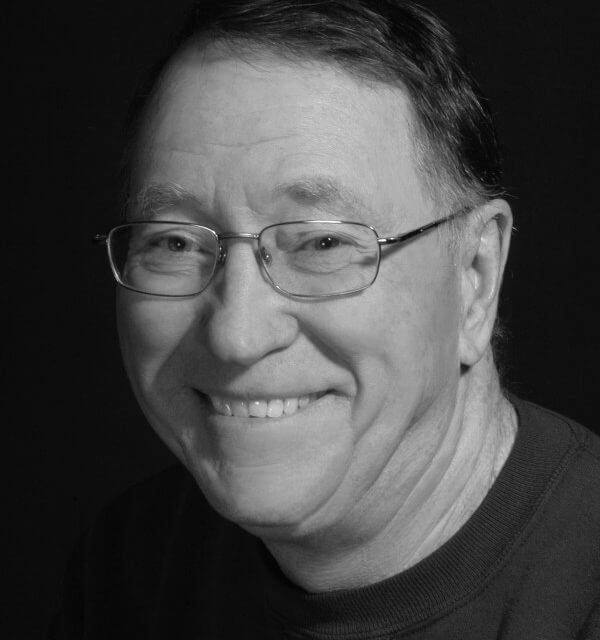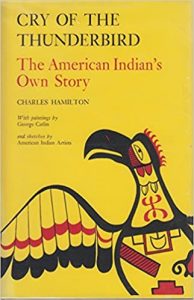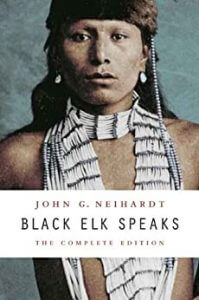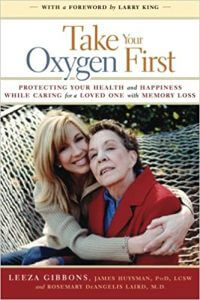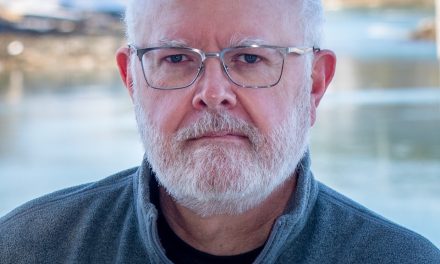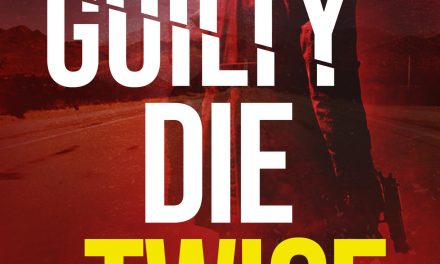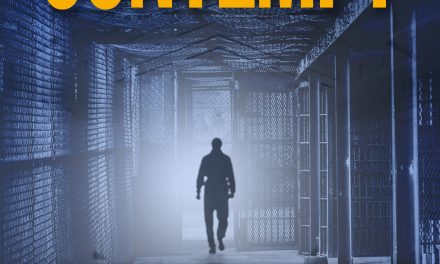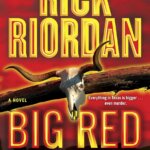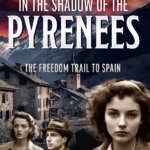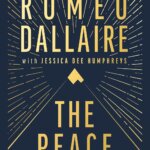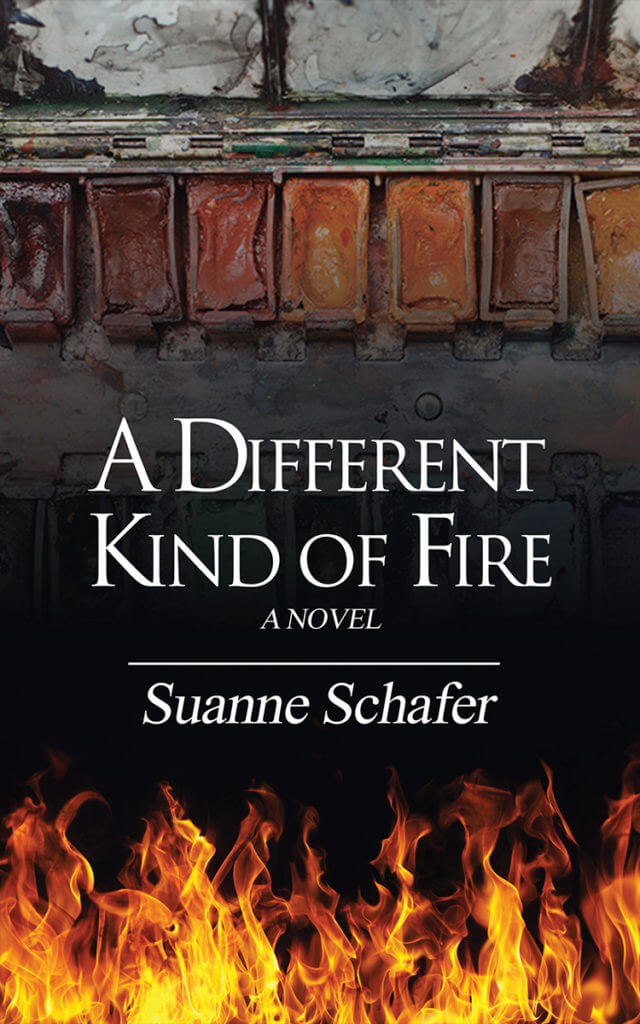Joining me today in a Covid-safe interview, is author Fred Ruark. He has lived in Maryland all his life and worked for utilities for over forty years, doing everything from splicing cable for the phone company, to training managers in a nuclear power plant. He married young and was raising a family, working for a living, and getting an education concurrently. With the support of his wife, Marilyn, he earned a BS in Management and an MS in Adult Education at Hopkins. For a change of pace, Fred revitalized an old interest in American history, particularly the plight of the Native People of our country. Later in life an interest in his Irish ancestry stimulated some genealogical history. Through these two passions, a pattern of similarities began to evolve, and begged the question at what time and place in history might these two cultures have intersected? The answer was the seventeenth century in the West Indies. The research that followed fertilized the seeds for his first novel, The Saints Lost Their Way, self-published in 2017.
SS: What’s the first book that made you cry? Made you angry? Made you rejoice?
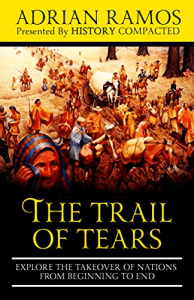
SS: What literary pilgrimages have you made?
FR: Prior to publishing my novel, Marilyn and I took a month-long vacation in Ireland. Part of that time was spent tracing my own ancestral roots, and doing research for accuracy of geography and indigenous plants of the area of Northwest Ireland where my novel begins. My observations resulted in considerable editing to avoid misappropriation.
SS: Writing is undoubtedly a lonely occupation. John Green (The Fault in Our Stars) says writing is a profession for introverts who want to tell you a story but don’t want to make eye contact while doing it. P. D. James (Cover Her Face) says it’s essential for writers to enjoy their own company. Do you see yourself along those lines? Are you a natural loner?
FR: I do consider myself an introvert, but contrary to Green’s comment about ‘not making eye contact,’ I disagree. My position is grounded in the psychology of Jung, and my experience as a licensed facilitator of the Myers-Briggs Personality Preferences survey. In short, my introversion is based on where I get my energy. It comes from within. As a trainer, consultant and entertainer, I have performed in front of hundreds; but afterwards, I need some alone time to reenergize.
SS: What is your writing Kryptonite? What’s most likely to stop the flow of your words?
FR: The craft of writing is a passion, but my “Kryptonite” would be the business of being a writer. Promotion, advertising, and marketing my writing is a facet that slows me down. Also, concerns for my wife’s health always takes precedence over writing.
SS: Who do you most wish would read your book?
FR: Readers willing to write a review. I see my target reader as mature males with a particular interest in military history. An Irish surname would help.
SS: What are you currently reading?


SS: Name a classic you feel guilty about never having read.
FR: Ulysses by James Joyce
SS: At what point did you come up with the title? Did your publisher change it?
FR: At the point in the story where the protagonist made a life changing decision and asked his priest for a blessing, and the priest responded saying, “May the Saints attend and protect thee.” My title, The Saints Lost Their Way, suggests how that went. I am self-published, and my editors had no problems with the title.
SS: If you stray from a chronological time frame, did you write the book in the order in which it appears on the page, or did you write it in a chronological order and later rearrange?
FR: My first draft opened with the birth of the protagonist. It was my intention to have a peaceful pastoral setting prior to the building tension of the plot. I attended a workshop sponsored by Writer’s Digest magazine where ‘first pages’ were submitted for review by a panel of writing agents. A random drawing resulted in my pages being reviewed. The process was for the workshop leader to read the pages aloud, and the agents would listen. If they were critical of the pages, they could raise their hand for the reading to cease. If three of the five agents raised their hands, the reading stopped immediately. Well, it happened. About three paragraphs in, three hands were in the air. Their feedback on my pages was borderline ridicule. I paid extra to have a one-on-one with one of the agents, and he gave me a very useful critique. Basically, my first pages needed more action evoking interest for the reader. My rewrite began long before the birth of the protagonist, setting the scene for the troubled world he was entering. My original first pages were move to chapter five.
SS Are there any books on writing you find particularly useful and would recommend?
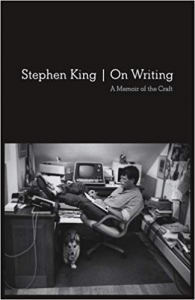
SS: I’ve found nearly every author I interview recommends King’s book. What are the ethics of writing about historical figures?
FR: As I mentioned earlier, I worked hard to avoid misappropriation. When writing about the behavior of real people in history, I do extensive research to have several sources of any specific event that is cited in my book. My writing is primarily about how my fictional characters are impacted by the actions of actual historical figures.
LIGHTNING ROUND
Another genre that you would love to write: Considering the technological advancements in my life time, and my concerns for a sustainable planet, I am exploring a plot for a science fiction story
When writing, are you a night owl or morning person? While working full time and raising a family, all of my higher education was completed in night school. This life style most definitely leads one to becoming a ‘night owl’. I wear that tag with pride.
Your favorite historical personage? I would have to pick Owen Roe O’Neill as my favorite. His leadership of the rebellion of 1641. The rebellion began with atrocities by a ragtag army totally devoid of military discipline. He returned from Spain with other experienced soldiers and instilled discipline and pride in the Irish army. Under his leadership, their mission transcended the initial quest for vengeance against the Scottish plantation in Ulster and rose to a quest for Irish independence and the sustainment of the Catholic faith.
Your favorite guilty pleasure? Listening to Christy Moore music while sipping a well-built Guinness stout.
********************
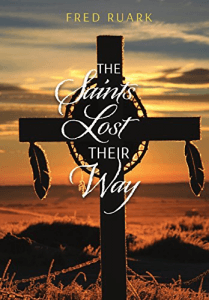
********************
You can follow Fred on social media here:
This post contains Amazon Affiliate links.
